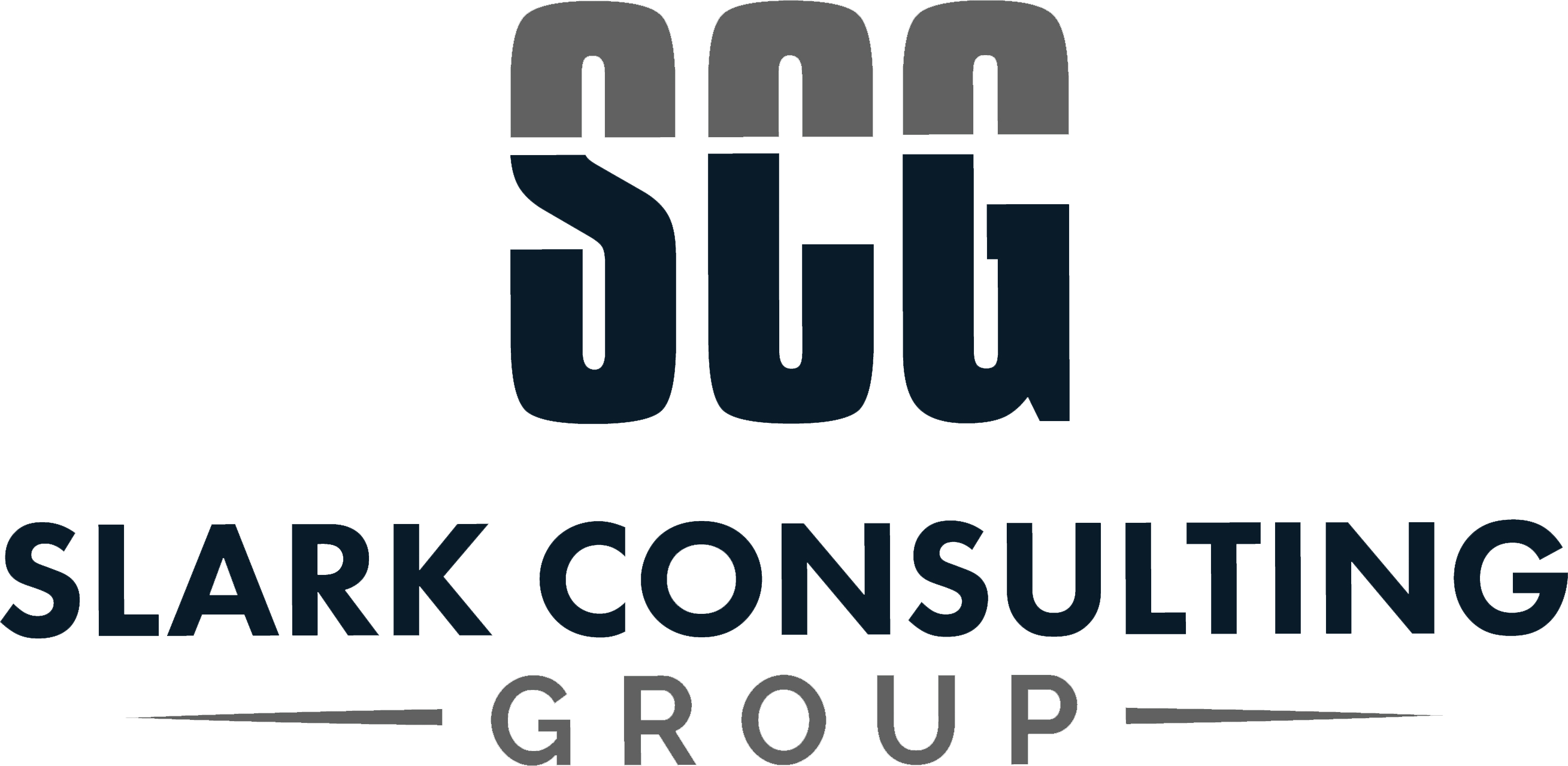Marketing myopia was coined by Harvard Business School professor Theodore Levitt in 1960. It refers to the tendency of businesses to focus too narrowly on their products or services rather than on the needs of their customers. This can lead to businesses becoming complacent and failing to adapt to changing market conditions.
One famous example of marketing myopia is the railroad industry. In the late 19th century, railroads were the dominant form of transportation in the United States. However, railroad executives were so focused on their product (rail travel) that they failed to see the threat posed by new forms of transportation, such as automobiles and airplanes. As a result, the railroad industry declined rapidly in the 20th century.
Why is it essential to avoid marketing myopia?
Marketing myopia can lead to several negative consequences for businesses, including:
- Lost opportunities: Myopic businesses may miss out on new growth opportunities. For example, if a company is so focused on selling its products in retail stores that it fails to develop an online sales strategy, it may miss out on a significant portion of the market.
2. Increased competition: Myopic businesses are more likely to be outcompeted by more innovative and customer-centric businesses. For example, suppose a company is so focused on selling its products to its existing customers that it fails to develop new products or services to attract new customers. In that case, it may lose market share to competitors.
3. Customer dissatisfaction: Myopic businesses may be unable to meet the changing needs of their customers. For example, suppose a company is so focused on selling its products to consumers that it fails to develop products for businesses. In that case, it may lose market share to competitors that are better able to meet the needs of both consumers and businesses.
How to avoid marketing myopia
There are some things that businesses can do to avoid marketing myopia, including:
- Focus on the customer: Businesses should focus on the needs of their customers rather than on their products or services. This means understanding the customer’s journey, identifying their pain points, and developing solutions that meet those needs.
2. Be innovative: Businesses should constantly innovate and develop new products and services to meet the changing needs of their customers. This also means being willing to experiment with new business models and strategies.
3. Monitor the market: Businesses should constantly monitor the market for new trends and developments. This will help them to identify new opportunities and threats.
Conclusion
Avoiding marketing myopia is essential for businesses of all sizes. By focusing on the customer, being innovative, and monitoring the market, businesses can stay ahead of the competition and achieve long-term success.
If you are concerned that your business may suffer from marketing myopia, contact Slark Consulting Group today for a free initial conversation. We can help you assess your current business strategy and develop a plan to avoid marketing myopia and achieve your long-term goals.
